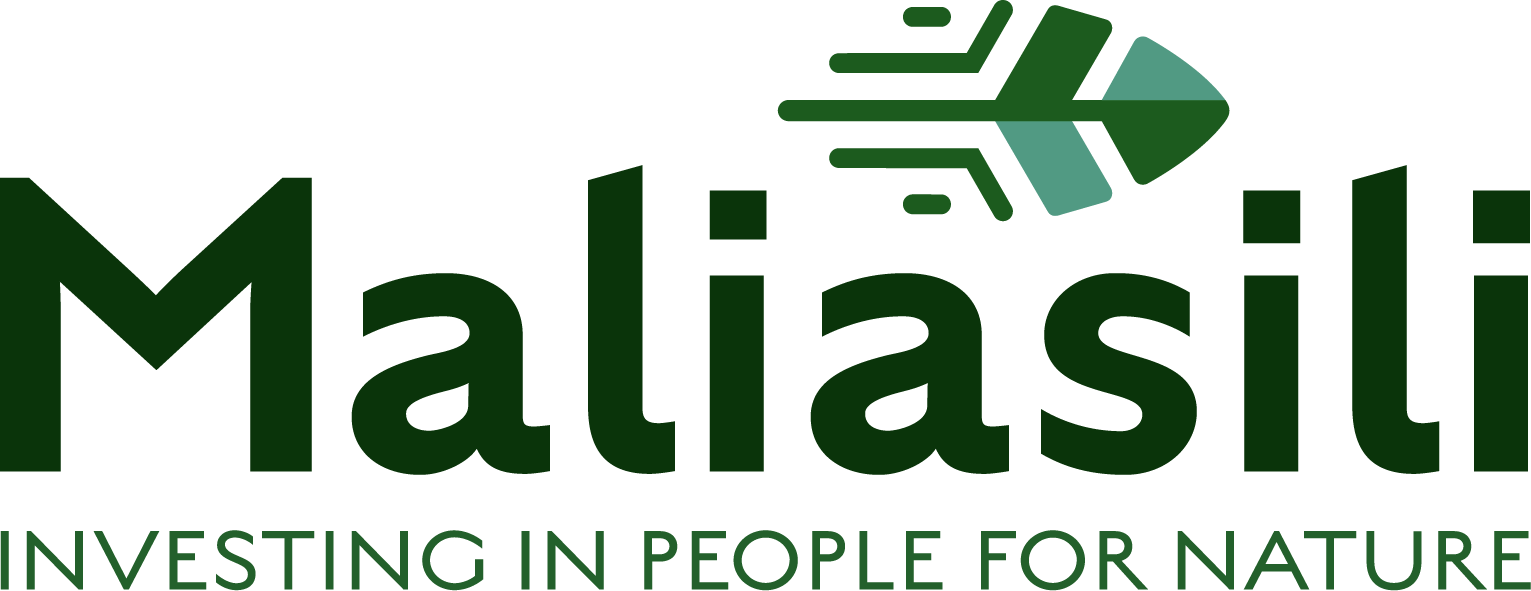Communities Living Among Wildlife Sustainably (CLAWS)
Communities Living Among Wildlife Sustainably (CLAWS), Botswana
Partnering with communities to find sustainable and lasting solutions that benefit people and wildlife
CLAWS believes that no conservation effort will succeed without community engagement. CLAWS seeks to incentivize traditional, communal livestock husbandry practices, reduce livestock losses from disease and predation, and get communities to commit to conservation actions. Through these actions, they hope to achieve livelihood security, healthier rangelands, and the conservation of lions.
In Northern Botswana, in the center of the Kavango- Zambezi Transfrontier Conservation Area (KAZA TFCA), cattle are considered a primary source of financial and social wealth. However, livestock wander the landscape unattended, falling victim to disease and predation motivating farmers to retaliate with poison, and hunting protected species such as lions. Further, unmanaged livestock overgraze the area causing rangeland degradation including erosion and desertification.
In response, CLAWS Botswana developed a two-pronged approach to reduce human-lion conflicts: technology and traditional communal herding practices that aims to restore rangelands and protect farmer livelihoods.
Conservation through technology
As part of the technology approach, CLAWS developed a first-of-its kind automated, adaptable Lion Alert System in partnership with the University of Siegen, Germany. CLAWS deploys satellite collars on lions within prides that traverse the high conflict zone. Collared lions are named by villagers during community meetings to encourage a connection between the people and the individual lion. When collared lions breach a virtual fence (called a geofence) around a cattle post or homestead, livestock farmers receive real-time warning messages via their cell phones formatted in the media of their personal preferences (text or voice message) with the name of the lion and its distance to encourage preventative action to mitigate conflict.
Community benefits through improved herding
As part of the communal herding program, CLAWS formed community committees elected by the village to manage their planned grazing system to reverse damage from overgrazing. CLAWS hired herders and trained them as Ecorangers who monitor cattle health and administer treatments to ensure herd health. The Ecorangers maintain mobile, predator-proof enclosures that reduce predator conflict to almost zero. Participating farmers agree to comply with a Conservation Agreement that ensures sustainable herd sizes and stops predator persecution.
These Wildlife Friendly cattle are placed in mobile quarantines in the field to ensure they qualify for international market access, significantly reducing the cost to farmers and increasing the price by 40%. This holistic approach is the only one where Ecorangers manage cattle without fences in all of KAZA TFCA. CLAWS is developing partnerships with lodges in the area to sell the beef directly creating a circular, local economy based on the best practices for stress free and healthy cattle, improved rangelands, predator friendly beef that help people prosper and wildlife thrive.
Impact
Lion killing has dropped from over 25 lions in 2013 to fewer than 3 individuals per year across the region since 2016.
Poison use has ceased since 2019
Through the Lion Alert System over 30,000 automated alerts were sent to more than 200 recipients. Villagers who heeded the warnings on their mobile phone devices have reduced their conflict by 50%.
With the installation of the predator-proof boma, there has been a significant reduction in lion conflict; livestock losses have been virtually non-existent the beginning of the herding program in 2019
Cattle owners in their program have agreed not to kill lions. This shows that well-managed livestock herding can reduce human-wildlife conflicts to where people tolerate lions.
“Being a herder was once the job of children and considered a low status job for adults. However, trained herders are proud of their job: “I am very happy to have this job, because everything I learn here, all the skills I have been equipped with during training and herding, I can apply to my own herd. Knowing about the principles of sophisticated grazing management makes me feel good and safe at the same time”
- Dimbindo Kuyakenge, one of CLAWS’ trained herders.

